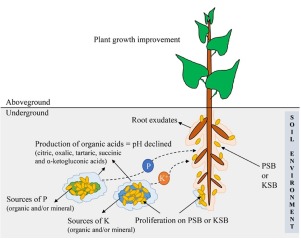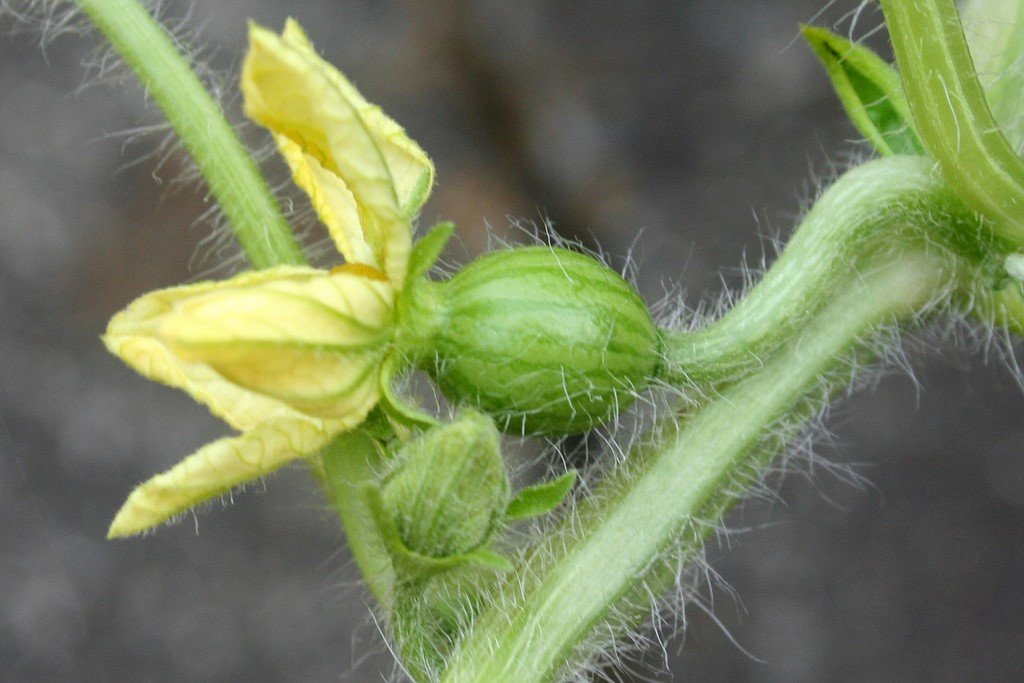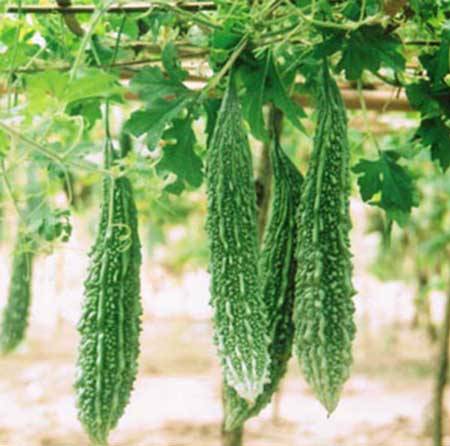- PSB also increase the number of leaves and branching of cowpea plant.
- PSB always promote green pod yield on cowpea plant.
- Encourage faster root growth for water and nutrient uptake.
- Increase resistance towards diseases and drought tolerance due to rapid cell development in the plants.
- Reduce 25 – 30% phosphatic fertilizer requirement.
Like and share with other farmers by clicking on the button below.
Share




